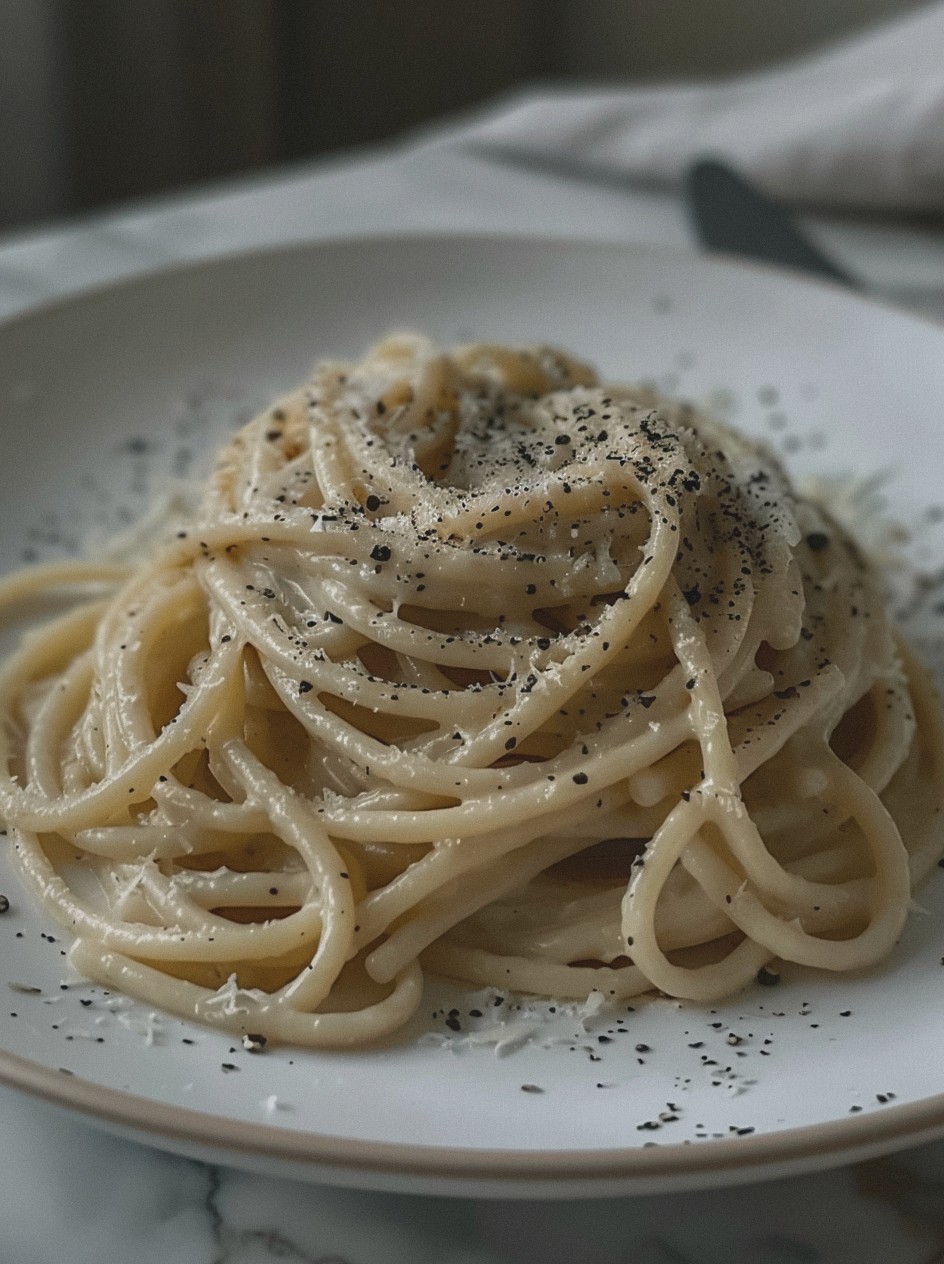Stress and our Nervous System
14 October 2024
We hear about stress every day. It comes in many forms—physical, emotional, mental, environmental, workplace, financial, and relationship stress. There are also varying degrees and timeframes of stress with wide ranging consequences to our individual health and wellbeing. There can be significant impact on relationships, our communities, organisations and our economy. The way we adapt to stress also varies enormously between individuals as all nervous systems are different, and we do not all share the same level of support.
According to a report prepared by Safe Work Australia in 2013, mental stress in the workplace is a significant concern, with an estimated cost to the economy of over $14 billion a year.
Chronic stress has been implicated in many physical illnesses, such as high blood pressure, diabetes, auto-immune disorders, adrenal and chronic fatigue as well as psychological conditions such as depression and anxiety.
Stress can hijack our willpower, leading to relapses into unhealthy behaviours, as our instinctual brain and habitual nervous system responses overrides rational decision-making. This creates a cycle of guilt and negative thinking, further amplifying stress. Interestingly, some studies suggest that the perception of stress may be more damaging than the stress itself, creating a new layer of anxiety.
Understanding the way our nervous systems work and importantly the ways in which we can interrupt the stress cycle can have a profound impact on our wellbeing. There has been significant development in this area over recent decades, by a number of pioneers including Dr Peter Levine, Dr Bessel Van der Kolk, Dr Stephen Porges and Dr Aline LaPierre. Importantly, this has led to very effective therapeutic approaches such as Somatic Experiencing (Peter Levine) and Neuro Affective Touch (Aline LaPierre).
Nervous System Regulation
Our autonomic nervous system (ANS) is split into two main branches, the ‘sympathetic’ and ‘parasympathetic’. The sympathetic branch is associated with the ‘fight-flight’ response, an amygdala-mediated stress response emanating from the instinctual brain, without conscious control, in the face of threat, or perceived threat. It is an inbuilt survival mechanism that instantly triggers a cascade of hormones, most notably adrenaline and cortisol which impact all systems of the body in preparation for action. This results in the release of glucose from body stores, to be transformed into energy and strength in the muscles, aided by an increased heartbeat. When the nervous system is dysregulated however, as a result of trauma, overwhelm or stress, this alarm response can be perpetually initiated and may manifest in crippling anxiety or panic.
Another, less known, but equally instinctual survival mechanism is the ‘dorsal vagal shut down’ response. This is a parasympathetic response which involves a decrease in heart rate. There is less requirement for oxygen and there is more chance of remaining undetected by a predator. If this is the primary default survival mechanism, the manifestation is more likely to lean towards depression, dissociation and ‘being invisible’.
The ‘freeze’ response engages both sympathetic and parasympathetic systems, a bit like having the foot on the brake and accelerator at the same time. That is, there is a fast heart rate but there is also immobilisation by fear, much like the ‘deer in the headlights’ analogy. Peter Levine describes this combination of fear and immobilisation as the conditions which potentially lead to an event becoming 'stuck' in the tissues, to be reactivated whenever there is a somewhat similar situation. For example, if bitten by a dog, there may be a freeze response whenever a dog is present.
Our default survival mechanism in the face of threat or perceived threat is imprinted in childhood, depending on the level of safety we experienced, the degree to which our needs were met, and the way in which we instinctively learnt to survive before our rational mind was fully developed.






















